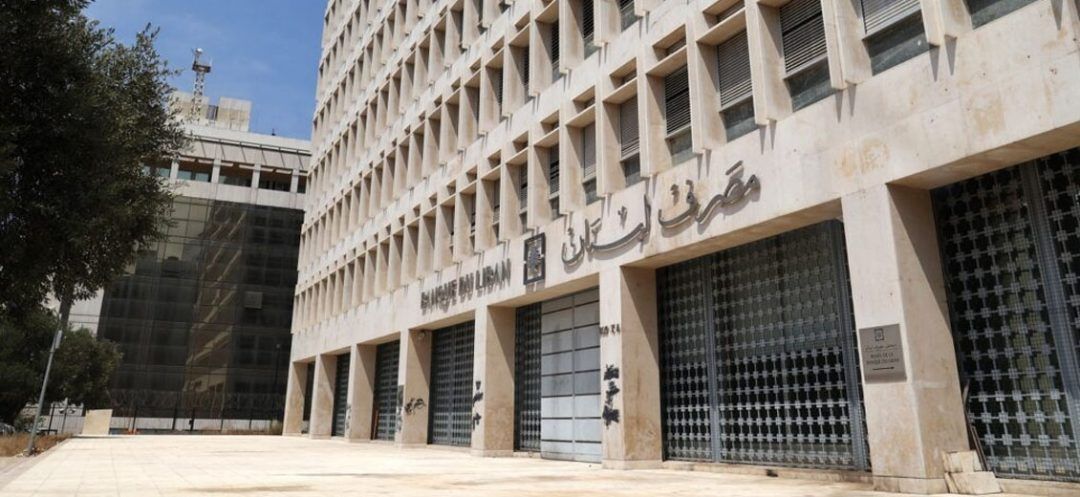
Lebanon’s Central Bank (BDL) is making progress with the Safeguards Assessment Program, signed with the International Monetary Fund (IMF) earlier this year. The program centers on revising accounting policies, financial reporting and disclosures to uphold the highest standards of governance and transparency.
The Safeguards Assessment Program, also known as the Preventive Safeguards Assessment Program, was launched by the IMF in March 2000 in response to data inaccuracies and allegations of misuse of IMF resources. Since then, these assessments have become a crucial component of IMF lending activities and are reviewed every five years.
According to the IMF, the agreement establishing the fund requires sufficient preventive safeguards to ensure the proper use of IMF resources. This guarantees that loans to member countries are repaid on time, allowing funds to be available for other members in need. Preventive safeguards include limits on loan amounts, loan conditions, procedures for addressing inaccurate data reporting and safeguards assessments at central banks. On the other hand, the Safeguards Assessment focuses on evaluating the governance and control frameworks of central banks in countries seeking IMF assistance.
When the IMF grants a loan to a country, it aims to ensure that the central bank can manage the funds effectively, provide accurate information and ensure timely repayment. So, what do IMF experts evaluate during a Safeguards Assessment at the central bank?
The IMF program evaluates governance levels, external audit mechanisms, legal frameworks, independence, transparency, necessary financial and accounting reporting, internal audits, and risk management. Lebanon requested this program for BDL, with acting Governor Wassim Mansouri assuring that the assessment will boost confidence in the Bank and improve the country’s relationships with external financial institutions. The approval of Lebanon’s request was granted exceptionally early this year.
According to sources, the IMF’s audit of BDL’s accounting practices and financial disclosures has yielded positive and encouraging results. Although the IMF’s conditions classify the report as an internal administrative document and restrict its publication, leaked details suggest that the findings are both favorable and reassuring from the IMF’s perspective.
Furthermore, the report includes a series of advisory recommendations related to improving financial auditing mechanisms and strengthening governance practices. In the meantime, several BDL staff members have begun IMF-sponsored training outside Lebanon to reinforce their administrative skills and cope with new accounting procedures. The report highlights positive improvements in managing Lebanon’s public finances, particularly regarding BDL’s Account 36 and its subdivisions. This has fostered a better financial order by balancing treasury revenues with public expenditures, while BDL upholds its policy of not financing the government beyond its accounts.
Read more




Comments